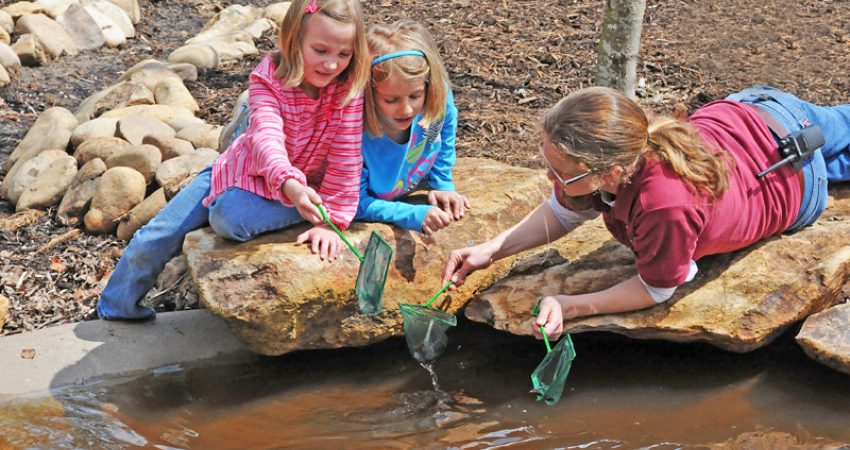
By Suzanne Perin - August 2011
PAPER CITATION
Dohn, N. B. (2011). Situational interest of high school students who visit an aquarium. Science Education, 95(2), 337–357.
The purpose of the study was to investigate how situational interest was triggered for high-school students on an aquarium field trip. Although actual learning was not itself measured in this study, the author investigates how the museum setting triggers interest, which in turn influences learning and is therefore important to cultivate. As the author admits, some of the findings are intuitive but the study empirically confirms some approaches, which can spark situational interest. Five areas that triggered situational interest were identified through student interviews: social involvement, hands-on activity, surprise, novelty, and knowledge acquisition.
Situational interest is defined as an individual’s response to a particular condition or stimulus in the environment, which focuses attention and causes an immediate affective (emotional) reaction that may or may not last over time (p. 339). The author argues that stimulating situational interest is important for educators because it may cause students to pay more attention and lead to more sustained personal interest and motivation to continue learning about the topic.
The study analyzed observations, interviews, video recordings, and written reports of a class of 16 high-school students in their ecology classroom before, during, and after a field-trip to an aquarium, which occurred over the course of 10 weeks. The field trip included a boat trip, snorkeling along the shore to collect fish in eelgrass and seaweed, collecting shrimp and plants, and feeding shrimp in a touch pool inside the aquarium. Classroom activities involved both general ecology lessons and specific preparation for the field trip over 8 weeks, the visit, and for 2 weeks after, follow-up activities and evaluation.
Five sources were identified that triggered situational interest during this field trip:
- Social involvement – the students did not have a specific group work, but the social, jovial atmosphere instilled more interest in the students.
- Hands-on – handling living specimens and the physical activity involved in capturing and feeding them sparked interest.
- Surprise – defined by the author as a knowledge-based interest that manifests suddenly with an unexpected insight or appreciation of something or a cognitive disequilibrium; here the students were surprised by the diversity of wildlife. The experience of being interested seemed to be the consequence, rather than the cause, of the intellectual activity involved (p. 349).
- Novelty – a gap between known and unknown information; student’s interest was aroused by something unusual or suspenseful prior to a new activity. Here, these were attributed to using new equipment or new activity (snorkeling).
- Knowledge acquisition – more persistent than surprise, gaining new knowledge was a source of interest. Here, an example was the measurement of temperature and water salinity on the boat as compared to that of a prior beach trip. The author notes that topical background knowledge seemed to play a larger role in the classroom in the weeks after the field trip, where the field trip experience made subsequent lessons more meaningful (for example, the nitrogen cycle).
A key implication for the value of field trips is noted by the author: situational interest can be triggered regardless of the level of prior interest (p. 353). Although the students found the class topic boring before the field trip (as acknowledged by the students and the teacher), the trip resulted in a building up of positive feelings toward ecology, which lasted through the next and final 2 weeks of the classroom lessons. The author concludes that the five variables are largely under the control of the teacher and/or museum staff and should be taken into account when planning field trips.
For more on interest development, see the research brief:
Bevan, B. (2011). A four-phase model of interest: An ISE research brief discussing Hidi & Renninger’s The four-phase model of interest development. San Francisco: Exploratorium. http://rr2p.org/article/122




